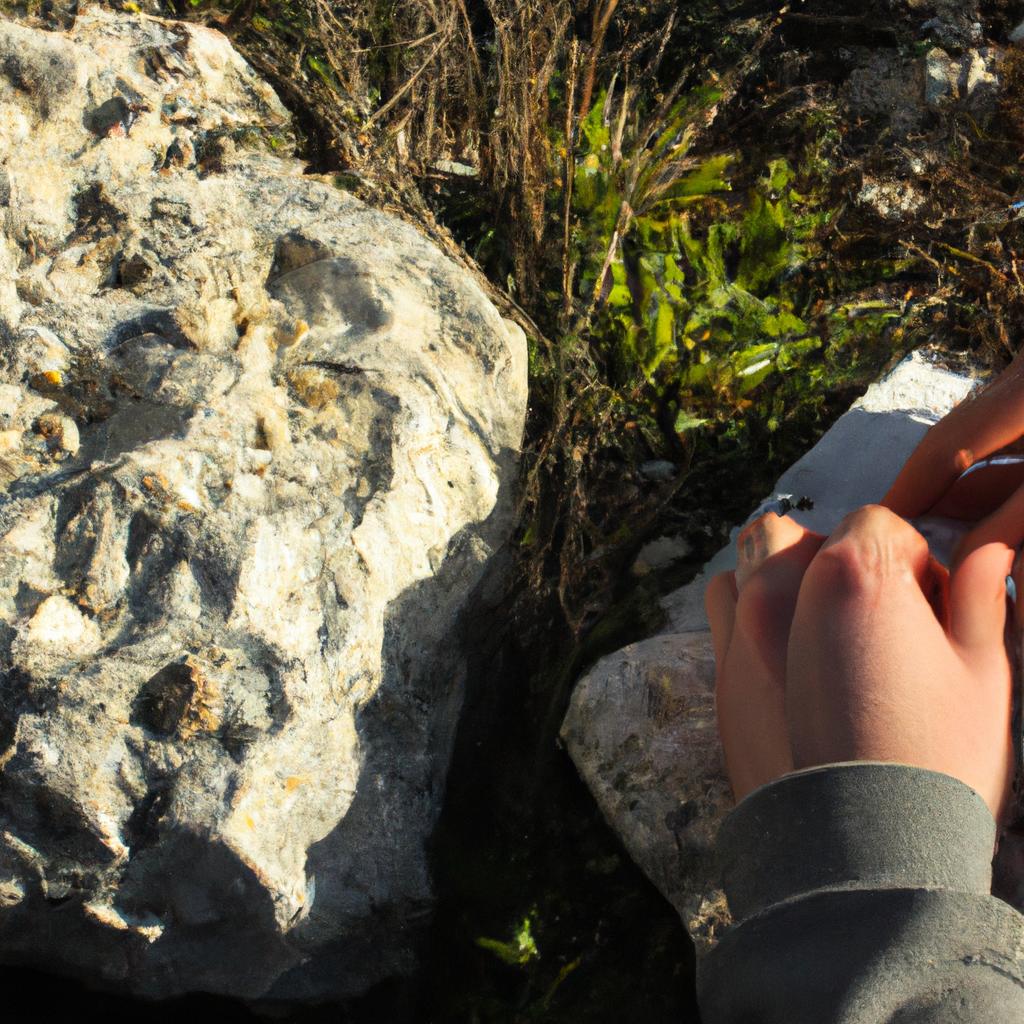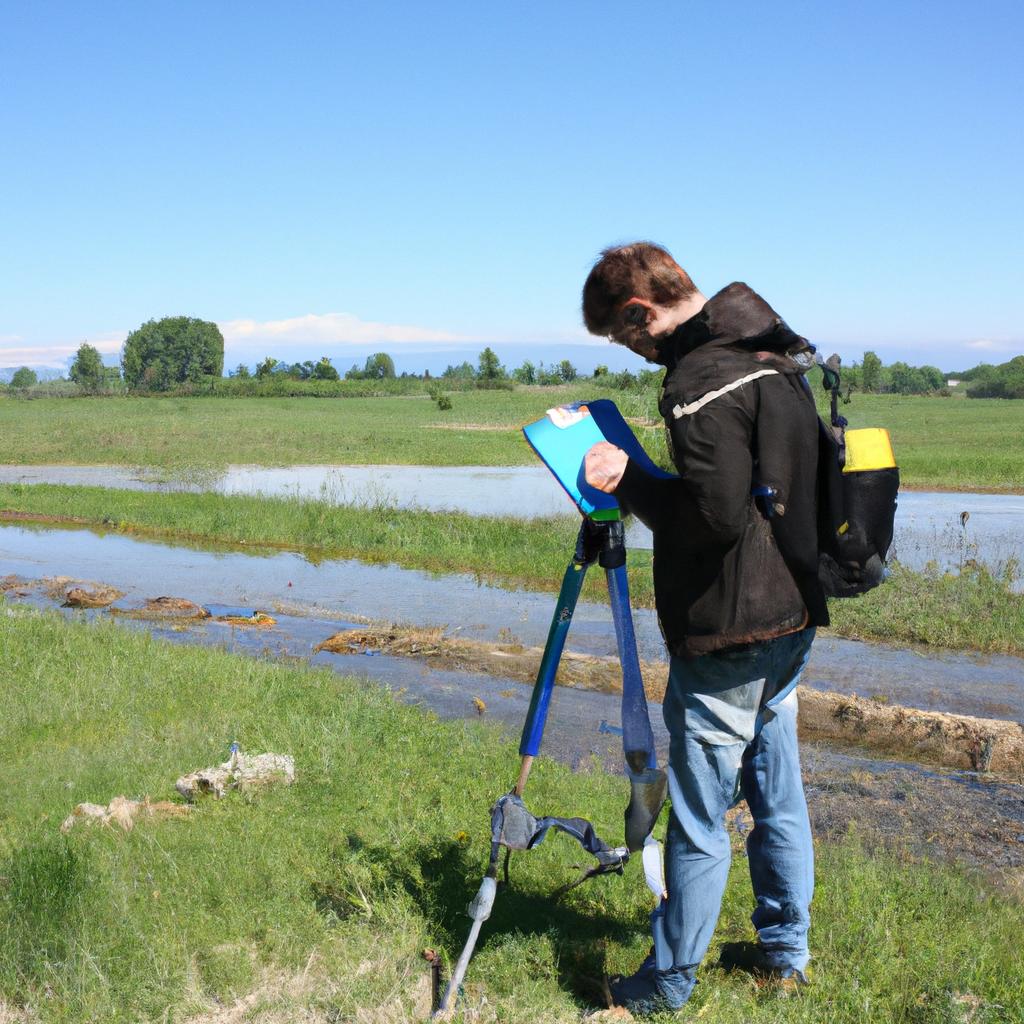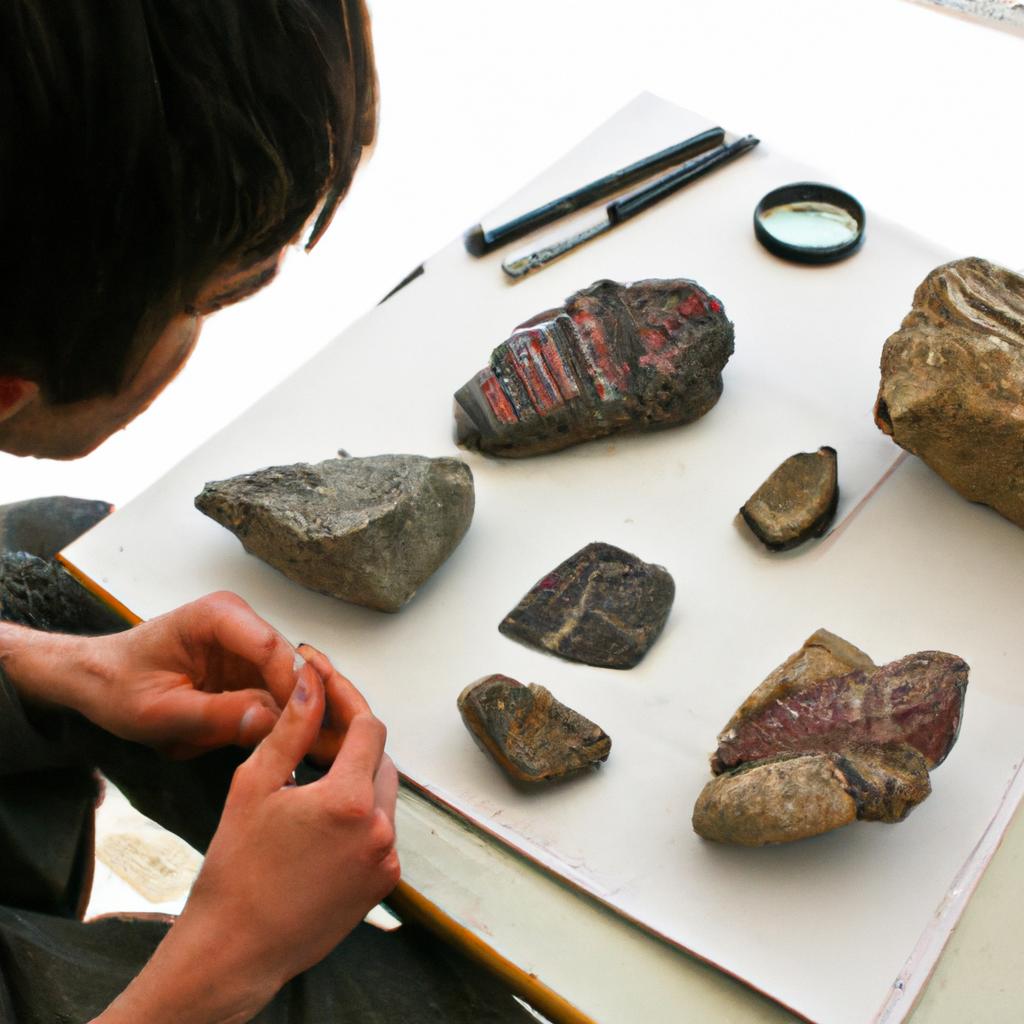Accessing emergency funds can be challenging for individuals with a poor credit history. This article aims to explore the impact of poor credit history on one’s ability to obtain emergency funds and discuss alternative options available for those facing this situation.
Furthermore, it will provide guidance on how to build a solid emergency fund despite a poor credit history and steps to improve one’s credit standing for increased access to emergency funds.
The article also emphasizes the importance of working with financial institutions in overcoming these challenges and successfully accessing emergency funds.
Understanding the Impact of Poor Credit History on Emergency Fund Access
The impact of poor credit history on access to emergency funds is a topic that warrants further examination. Individuals with poor credit may face challenges when seeking financial support during emergencies. Credit counseling can be helpful in improving credit scores and providing guidance on managing debt.
Emergency loans may be available for those with poor credit, although interest rates and repayment terms may not be favorable. Peer-to-peer lending platforms offer an alternative option, where borrowers can connect with individual lenders who are willing to provide funds despite their credit history.
Payday alternatives, such as small-dollar loans offered by some credit unions, can also assist individuals in need of immediate cash. Additionally, implementing budgeting strategies can help individuals build emergency funds and reduce reliance on external sources during unforeseen circumstances.
Exploring Alternative Options for Emergency Funds With Poor Credit History
Alternative options for obtaining financial assistance in times of crisis despite having a less-than-ideal credit background involve exploring alternative options to overcome challenges posed by traditional financial institutions.
When facing an unexpected financial emergency, obtaining quick access to funds can provide much-needed relief. If you have bad credit and need cash immediately, there are direct lender options that provide same-day approval and no credit check. Carefully evaluating lenders and loan terms is important, but these loans can serve as a convenient solution when urgent expenses arise and traditional financing is not readily available. The key is finding a trusted provider that offers fair rates and transparent terms to avoid burdensome debt obligations. With some research, those with poor credit can access reputable lenders ready to efficiently process applications and provide funds when they are desperately needed.
Individuals with poor credit can consider seeking assistance from non-profit organizations and community-based programs that provide emergency funds without placing emphasis on credit scores. These entities often prioritize the individual’s immediate financial needs and focus on providing support to those who may not have access to conventional forms of credit repair.
Additionally, building positive credit is crucial for long-term financial stability and future emergencies. Seeking guidance from accredited credit counseling agencies can be beneficial in developing a personalized plan to address credit issues and improve overall financial health.
Exploring these alternative avenues allows individuals with poor credit history to access emergency funds while also working towards building a stronger financial foundation.
Building a Solid Emergency Fund Despite a Poor Credit History
Despite challenges posed by a less-than-ideal credit background, individuals can establish a secure emergency fund by exploring various strategies to improve their financial situation.
Building an emergency fund is crucial for financial stability and peace of mind, especially for those with poor credit history. Budgeting strategies play a vital role in this process. By carefully tracking income and expenses, individuals can identify areas where they can cut back and allocate more funds towards savings.
Developing disciplined saving habits is equally important. This includes setting aside a fixed amount from each paycheck specifically for the emergency fund. Financial planning also plays a significant role in building an emergency fund. Creating realistic goals and timelines can help individuals stay motivated and focused on their savings goals.
Additionally, opening dedicated emergency savings accounts can provide added security as these accounts are separate from regular checking or savings accounts, making it less tempting to dip into them for non-emergency purposes.
Overall, despite past credit challenges, adopting effective budgeting strategies, cultivating saving habits, engaging in financial planning efforts, and utilizing dedicated emergency savings accounts are all essential steps towards building a solid emergency fund.
Steps to Take to Improve Credit History and Increase Access to Emergency Funds
This discussion will focus on various strategies to repair credit, build positive credit, explore secured credit options, and identify alternative funding sources.
Credit repair strategies involve addressing negative items on one’s credit report through dispute processes and negotiating with creditors.
Building positive credit involves responsible management of existing credit accounts, making timely payments, and keeping balances low.
Secured credit options provide individuals with poor or limited credit history the opportunity to establish or rebuild their credit by providing collateral for a loan or line of credit.
Alternative funding sources include options such as peer-to-peer lending platforms, microloans from nonprofit organizations, and crowdfunding campaigns that can provide access to emergency funds even when traditional lenders may be reluctant to extend credit.
Credit Repair Strategies
One effective approach to improving one’s credit history involves implementing various credit repair strategies. Credit repair techniques can help individuals rebuild their credit and improve their credit score, increasing their chances of accessing emergency funds.
One important credit rebuilding tip is to consistently make on-time payments for all debts and bills. This demonstrates financial responsibility and can positively impact one’s credit score over time.
Additionally, seeking out credit counseling services can provide valuable guidance and support in managing debt and improving one’s financial situation.
Another key strategy is to engage in the credit dispute process if there are any inaccuracies or errors on the credit report that may be negatively impacting the individual’s creditworthiness.
Building Positive Credit
To establish a solid credit foundation, individuals can focus on implementing strategies such as consistently making on-time payments, seeking credit counseling services for guidance and support, and engaging in the credit dispute process to rectify any inaccuracies or errors on their credit report.
Rebuilding credit requires deliberate effort and patience. One of the key credit building strategies is making timely payments, as it demonstrates responsible financial behavior to lenders. Additionally, utilizing credit building tools such as secured credit cards or loans can help individuals gradually rebuild their credit history. These tools require collateral or a deposit to mitigate risk for lenders.
Another effective strategy is obtaining a credit builder loan, which allows borrowers to make regular payments that are reported to the credit bureaus, thereby positively impacting their score over time.
Secured Credit Options
Secured credit options, such as secured credit cards or loans, are effective tools for individuals looking to gradually rebuild their credit history by providing collateral or a deposit to mitigate risk for lenders.
These options are particularly beneficial for individuals with bad credit who may struggle to obtain traditional forms of credit.
Collateral loans, also known as secured loans, require borrowers to pledge an asset – such as a vehicle or property – as security against the loan.
Similarly, credit builder loans allow individuals with poor credit to borrow a small amount of money that is held in an account until the loan is repaid in full.
Secured credit cards function similarly to traditional credit cards but require users to provide a cash deposit that serves as collateral against any potential default on payments.
Alternative Funding Sources
Alternative funding sources can offer individuals with limited access to traditional credit options the ability to obtain necessary funds for various purposes.
Crowdfunding platforms provide a platform where individuals can raise money from a large number of people who believe in their cause or project.
Peer-to-peer lending allows borrowers to connect directly with lenders, eliminating the need for intermediaries such as banks.
Microfinance options are available for individuals who require small loans and lack collateral or a strong credit history.
Government assistance programs aim to provide financial support to those in need, offering grants, loans, or subsidies.
Community support networks also play a crucial role by providing financial aid and resources through local organizations or community initiatives.
These alternative funding sources create opportunities for individuals facing financial constraints and foster a sense of belonging within supportive communities.
Working With Financial Institutions to Secure Emergency Funds With a Poor Credit History
Collaborating with financial institutions can be an effective approach for individuals with poor credit history to obtain emergency funds.
Working with non-profit organizations, online lending options, peer-to-peer lending, government assistance programs, and credit unions are potential avenues for securing such funds.
Non-profit organizations often provide financial assistance to those in need, offering grants or low-interest loans specifically designed for individuals facing financial difficulties.
Online lending platforms connect borrowers directly with individual lenders or groups of investors who are willing to provide funding even to individuals with poor credit scores.
Government assistance programs may also offer emergency funds through grants or low-interest loans for eligible applicants.
Credit unions, as member-owned financial cooperatives, may have more flexibility in assessing loan applications based on individual circumstances rather than solely relying on credit history.
Exploring these options can help individuals find suitable sources of emergency funding despite their poor credit history.
Overcoming Challenges and Successfully Accessing Emergency Funds With Poor Credit History
Despite the challenges posed by a negative credit history, individuals can still navigate the financial landscape to obtain necessary funding. Overcoming these challenges and successfully accessing emergency funds with poor credit history requires careful planning and exploration of alternative options for financial assistance.
One approach is to seek out lenders who specialize in providing loans to individuals with poor credit. These lenders may offer higher interest rates or require additional collateral but can be a viable option in emergency situations where immediate funds are needed.
Another strategy is to explore community-based organizations that provide financial assistance programs specifically tailored for individuals with poor credit. These organizations often offer low-interest loans or grants aimed at helping individuals overcome temporary financial setbacks.
Conclusion
In conclusion, accessing emergency funds with a poor credit history can be challenging but not impossible. By exploring alternative options such as community assistance programs or building a solid emergency fund despite the credit history, individuals can overcome this obstacle.
Taking steps to improve the credit history and working with financial institutions can also increase access to emergency funds in the future. With determination and perseverance, one can successfully overcome these challenges and secure the necessary funds when faced with unexpected emergencies.
Remember, Rome wasn’t built in a day!











